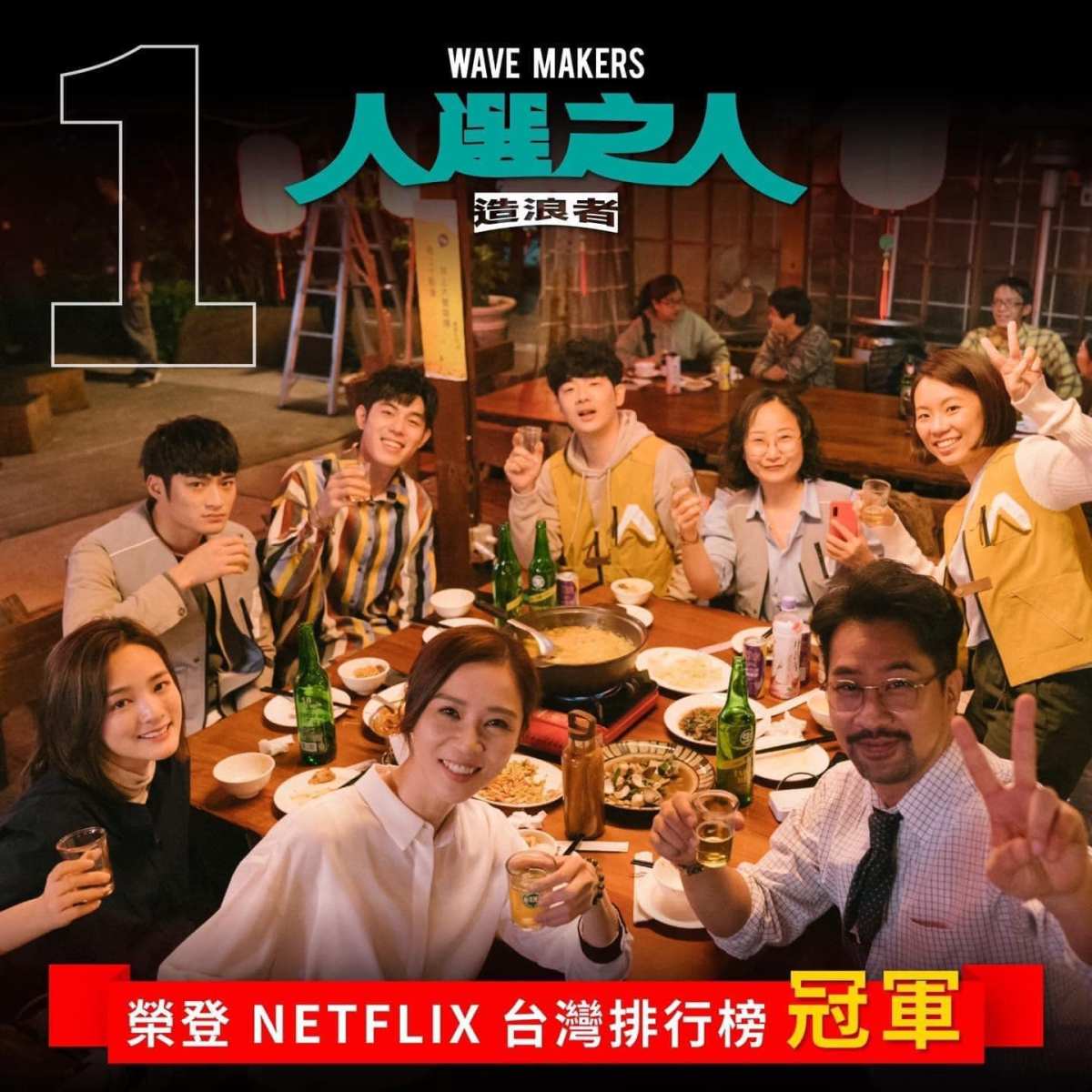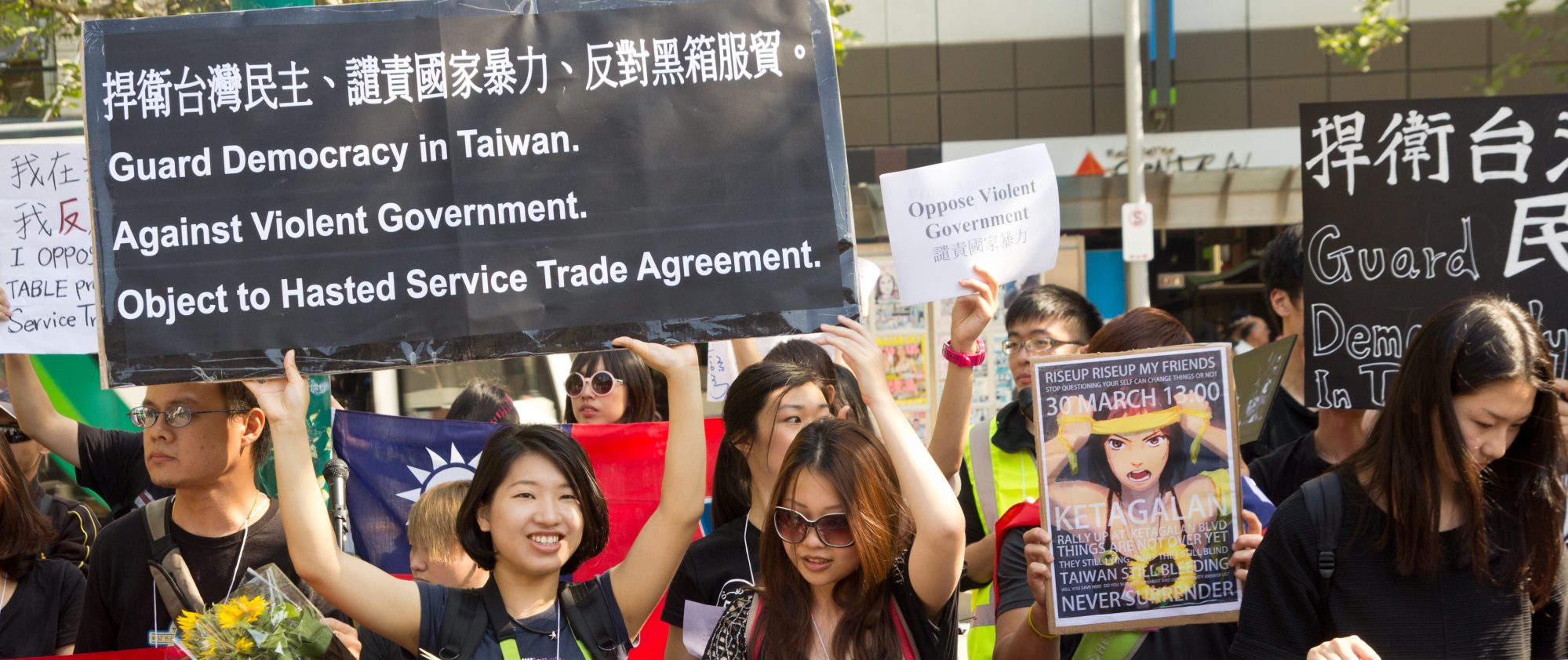
The Netflix series Wave Makers (人選之人 造浪者) is a behind the scenes look at election campaigns in Taiwan. It is set in the office of the Justice Party (公平正義黨) who are currently in opposition and campaigning to win the presidency from the incumbent Democracy and Peace Party (民主和平黨).
The parties are fictional, but the Justice Party most closely represents the pan-green camp while the ruling Democracy and Peace Party is a stand in for the pan-blue camp. However, the series studiously avoids the Taiwan-China cleavage that dominates politics in Taiwan. Some might feel it lacks something for avoiding this issue but instead it focuses on grassroots campaigning. The campaign staff are more intent on winning the election than engaging in global power politics. Organising rallies and countering the latest scandal in the tabloids or social media are what dominate the daily cut and thrust of the campaign.
Instead of the tension between Taiwan and China the series focuses on some other more local, but equally perennial, issues in Taiwan politics such as corruption, pollution and the death penalty. The key theme is gender politics with sexual harassment, homophobia and the power dynamics of office relationships examined in detail.
Given its feminist intentions it is fitting that the star of the series is Weng Wen-fang, played by Hsieh Ying-hsuan (謝盈萱). She is the deputy director of the public relations department of the Justice Party. She is from a political family and has her own electoral aspirations but she has a troubled relationship with her politician father who cannot accept that she is in a same-sex relationship. Weng acts as a mentor for Chang Ya-ching (Gingle Wang; 王淨) who experiences an incident of sexual harassment in the office and also deals with the consequences of a previous relationship with a powerful politician. The power dynamics of that relationship blurred the lines of consent and continue to have ramifications that play out through the series.
Both the incumbent president and the opposition’s presidential candidate in the series are female. Women are shown to be active participants and leaders in politics but it is also clear that they face extra challenges in achieving success and there is still an unequal power balance between the genders in decision making.
Another sub-plot in the series is the relationship of Chen Chia-ching (Jag Huang; 黃健瑋) with his wife. Chen is so dedicated to his job that he fails to devote enough time to his wife and young son leading to a difficulties in their relationship. Chen makes efforts to repair the relationship but it is clear that the demands of his work take priority.
Overall, I found the series wonderfully portrays the back office workings of an election campaign. It shows both the exuberance and disappointment; the compromise between living up to one’s ideals and doing what is necessary to win an election. It also doesn’t shy away from addressing critical social issues and gives a strong female perspective of sexual harassment in the workplace. For anyone familiar with Taiwanese politics it is a must watch. However, I am not sure how well it will resonate with viewers unfamiliar with the languages and culture of Taiwan. Still it serves as a great portrayal of the vibrant spirit of Taiwan’s democracy.
